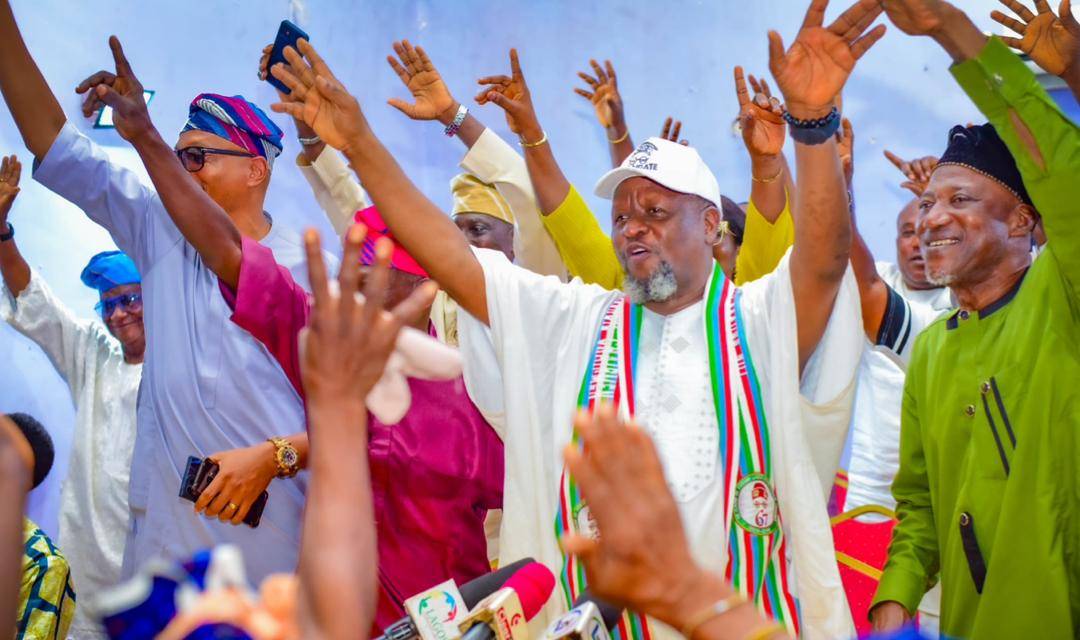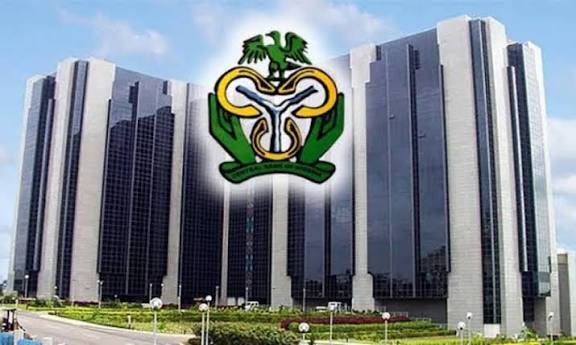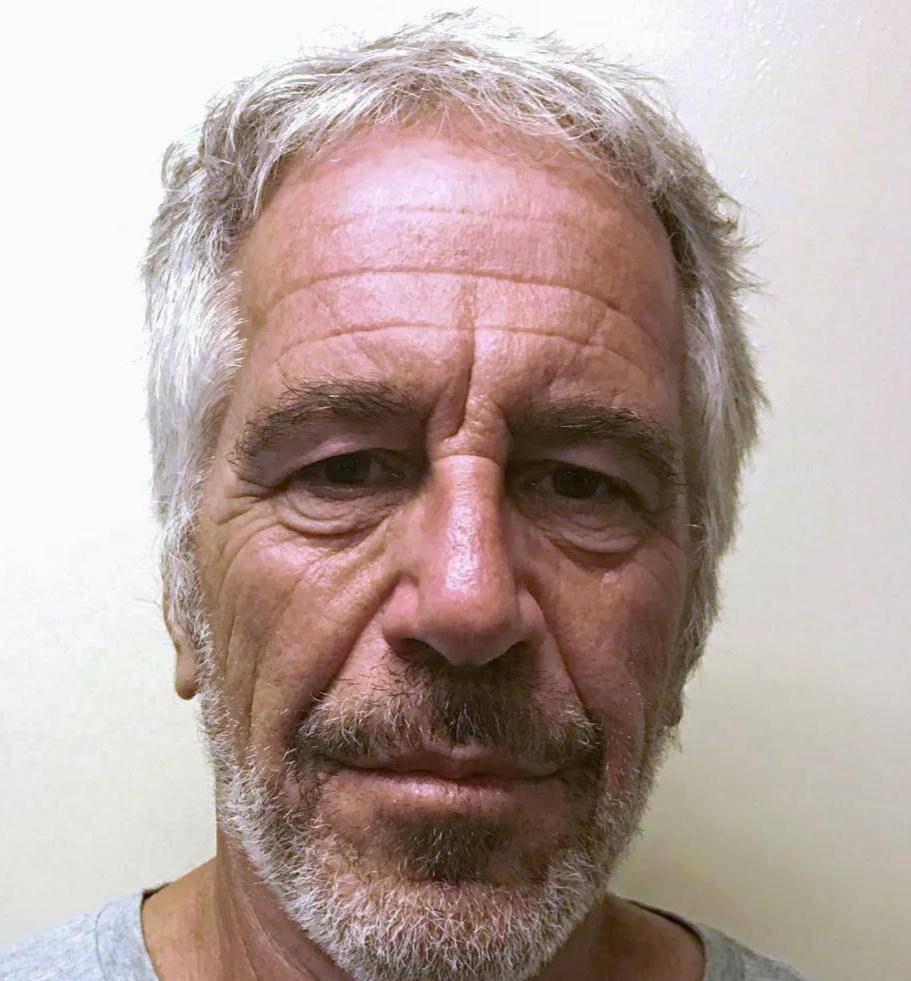The Kingdom of Saudi Arabia has executed 10 Nigerians and some 79 nationals of other nations, most of them convicted of drug-related offences in 2024.
This is almost triple the figures for 2023 and 2022, when Saudi authorities put to death 34 foreigners each year, according to AFP tallies.
Apart from the Nigerians. Other foreigners executed this year have included 21 from Pakistan, 20 from Yemen, 14 from Syria, nine from Egypt, eight from Jordan and seven from Ethiopia.
The Berlin-based European-Saudi Organisation for Human Rights (ESOHR) said this year’s executions had already broken a record.
“This is the largest number of executions of foreigners in one year. Saudi Arabia has never executed 100 foreigners in a year,” said Taha al-Hajji, the group’s legal director.
Saudi Arabia has faced persistent criticism over its use of the death penalty, which human rights groups have condemned as excessive and out of step with efforts to soften its forbidding image and welcome international tourists and investors.
The oil-rich kingdom executed the third-highest number of prisoners in the world after China and Iran in 2023, according to Amnesty International.
In September, AFP reported that Saudi Arabia had carried out its highest number of executions in more than three decades, surpassing its previous highs of 196 in 2022 and 192 in 1995.
Executions have continued at a rapid clip since then and totalled 274 for the year as of Sunday, according to AFP’s tally.
Saudi Arabia in 2022 ended a three-year moratorium on the execution of drug offenders, and executions for drug-related crimes have boosted this year’s numbers.
There have been 92 such executions so far this year, 69 of them of foreigners, according to the AFP tally.
Diplomats and activists say that foreign defendants usually face a higher barrier to fair trials, including the right to access court documents.
Foreigners “are the most vulnerable group”, said Hajji of the ESOHR.
Not only are they often “victims of major drug dealers” but also “subjected to a series of violations from the moment of their arrest until their execution,” he said.
Saudi Arabia is notorious for beheading those convicted of capital crimes, although official statements tend not to mention the method of execution.
The high number of executions undercuts statements by Saudi Arabia’s de facto ruler, Crown Prince Mohammed bin Salman, who told The Atlantic in 2022 that the kingdom had eliminated the death penalty with the exception of murder cases or when an individual posed a threat to many lives.
Jeed Basyouni, who heads Middle East anti-death penalty advocacy for the NGO Reprieve, said persistent drug arrests were “perpetuating the cycle of violence”.
The overall number of executions was on track to exceed 300 for the year, she noted.
“This is an unprecedented execution crisis in Saudi Arabia,” said Basyouni.
“Families of foreign nationals on death row are understandably terrified that their loved one will be next.”
(AFP)














